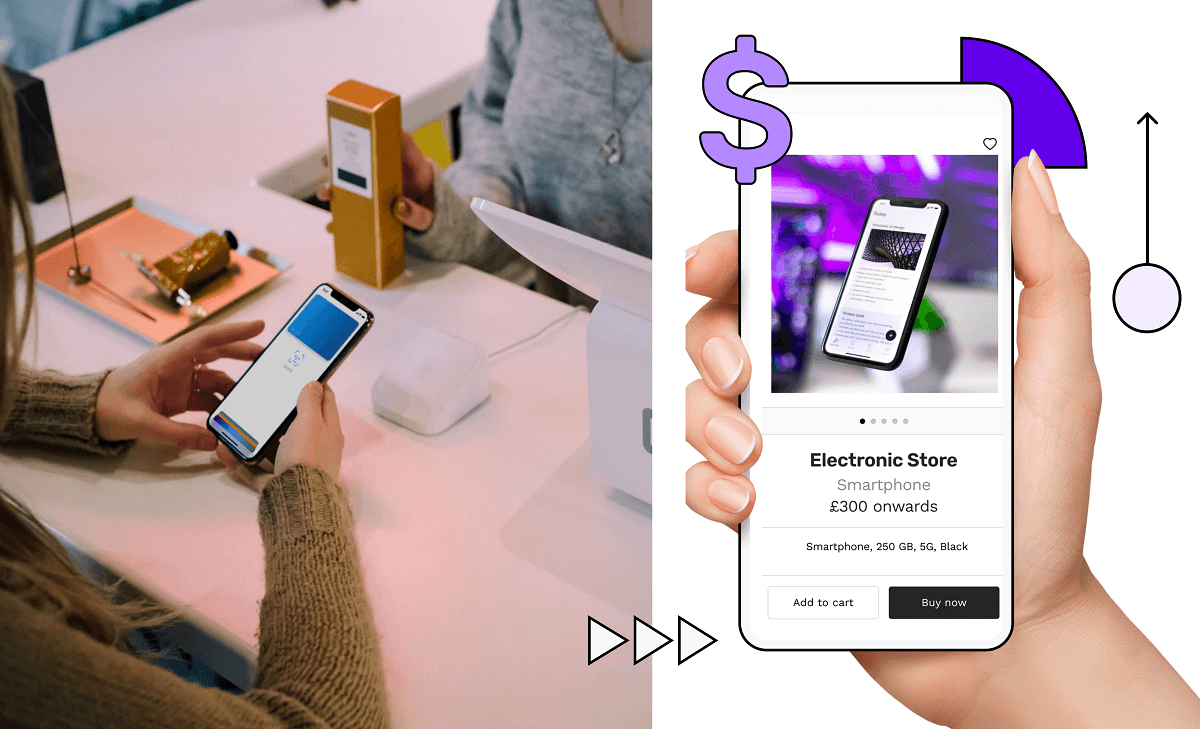“People don’t care about your idea. They care about their problems. Be the solution that they’re looking for.” - Melonie Dodaro, Entrepreneur, Author and Keynote Speaker
Investors [of all kinds] generally have a singular objective and that’s to get a return on their investment (ROI). How does one measure an idea based on ROI when you haven’t yet launched? This is the art and science of business creation. It isn’t often simple, but includes the 5 determinants below.
Determinant #1 Your idea solves a problem for your target market
"The best startups generally come from somebody needing to scratch an itch." - Michael Arrington, founder and co-editor of TechCrunch
What is your product? Does it solve a specific problem your customers currently face? How is your approach unique? Your users aren’t necessarily looking at a clone of Facebook (though they’re dissatisfied). Instead, they’re looking for a place to share their private photos without being worried about their privacy concerns.
We humans have, or manufacture, problems daily and often if you’re receptive to your audience (or more likely, survey them), you’ll see what specific pain points your product can address. Your idea needs to approach users’ pain points in a unique way and offer solutions that haven’t yet been exploited.
Questions to ask yourself to determine this are:
· Do I understand my target audience and have I asked them what their major pain points are?
· Does my software project address these pain points? How? (Your marketing should make this clear!)
· What is your minimum viable product (MVP) feature set?
· Lastly, If you had 1-minute to pitch your product, what would that be? (Think about why your product exists, how it solves the problem and what it actually is.)
Determinant #2 Your idea meets the needs of a sizable target market
To get seed funding for an app, you need to prove that your idea has demand in the market you’re aiming for. Invest in market research and keep tabs on what’s trending on the mobile market. You need to present your app’s market appeal and its potential for revenue if you want to find investors.
Questions to ask yourself to determine this are:
· How big is your target market?
· What does your target audience look like? What media sources do they review regularly?
· What other information do you know about your target audience?
· What kind of market saturation will your software have? Ie. How many people do you think you could reach with effective marketing?
Determinant #3 You have a [business] plan
What’s your previous experience? Ensure you’re communicating how your previous experience makes you an ideal candidate for entrepreneurial success. Having a plan for your business shows strong leadership, especially if you’re doing it for the first time. A strong [business] plan for marketing, operations and expansion enables you to plan for your success.
Questions to ask yourself to determine this are:
· Who is your competition?
· What are their marketing strategies? (At the least, what is their marketing messaging? Meaning, for example, what does their website look like? How do they use social media? What keywords are they ranked for?)
· How are you different and unique compared to your competitors?
· What’s your plan for connecting with your target audience?
· What is your unique selling point?
· What do you need to do in order to break even?
· What is your Operational Expenditure? (How much you spend on things like office space, computers, cars etc
· What is your Capital Expenditure? (How much you spend on salaries)
Determinant #4 You have a team working on the app
"Don't be a lone wolf. Lean on the experience and smarts of your teammates, investors, and mentors to help solve the tough problems and take advantage of the opportunities."-- Seth Bannon, Founder and CEO of Amicus
With a team with relevant professional experience working on your idea, you’re far more likely to meet the expectations of users (and investors). For this reason, unless you’re a developer yourself and have a team of seasoned professionals at your side, it’s recommended to get assistance with your using a development company (like Builder Studio for example).
Questions to ask yourself to determine this are:
· Who could join your board of advisors to help provide information about your market?
· How can you invite them to join your board? How can they improve your product offering?
· Who else can you leverage in your network to help you create and publicize this interesting new software project once you launch?
Determinant #5 You have a prototype or MVP
Nothing conveys the dedication to your project like a working prototype or a minimum viable product (MVP). Better yet is if the product is beyond the MVP stage and is already getting revenue (which is called bootstrapping, which we talk about below).
Even if you don’t have a prototype, you need to explain to your potential investors what stage your product is at and what you’re planning to do first if/when you get funding. Overall, the more information you can provide about yourself, your team and your idea, the better. Keep it professional and on point. Don’t linger on unnecessary details and focus on what’s important for investors – the potential for revenue. It’s easier to spend money when you’re convinced you’ll get it back with interest.
Questions to ask yourself to determine this are:
· Do I have an MVP? If not, what are the 2-3 features needed for an MVP?
· What’s beyond your MVP? What other features do you plan on adding to your software in the future?
· How can I finance my MVP?
Did you know that Builder Now is an instant prototyping tool that lets people explore ideas and show how they can work, before investing time and money into development. It’s fast, free, and trims out hours of specification writing and meetings, by letting you try rather than talk about user journeys. What’s more, IT’S FREE! Instant prototype is free! All you need to do is signup and you’ll get your prototype and user journey instantly. What’s more; you don’t need to provide credit or debit card details either. We encourage you to use this golden opportunity to sign up and experiment! For those looking to deep dive, custom prototypes are available that come at a small price.
Did reading through this blog just help you be sure of your idea and want to build it? Great, then go straight to Builder Studio and choose from over 500 templates to start out. We start with code that already exists rather than building it from scratch. So, we only charge for the extra code that needs to be created. Once you start your build, our human-assisted AI manages a team of over 75,000 expert software developers and creators from across the globe to work around the clock to launch your project by its deadline. This means that there is little downtime and lower billing for you. So, when you choose Builder, what you get is the financial freedom, expert guidance and technical support to build, run and scale your dreams without any fear. What are you waiting for? Click here to get started today!
Lakshmi is a communications professional with over 6 years of experience across industries- from digital media and fashion to health and technology. She specialised in Integrated Marketing and Communications cum laude, and naturally, can work her magic best when handling public relations, marketing and editorial content and communication. Most people find her moderately introverted, conspicuously sassy, significantly energetic, and massively dog-loving.














 Facebook
Facebook X
X LinkedIn
LinkedIn YouTube
YouTube Instagram
Instagram RSS
RSS


